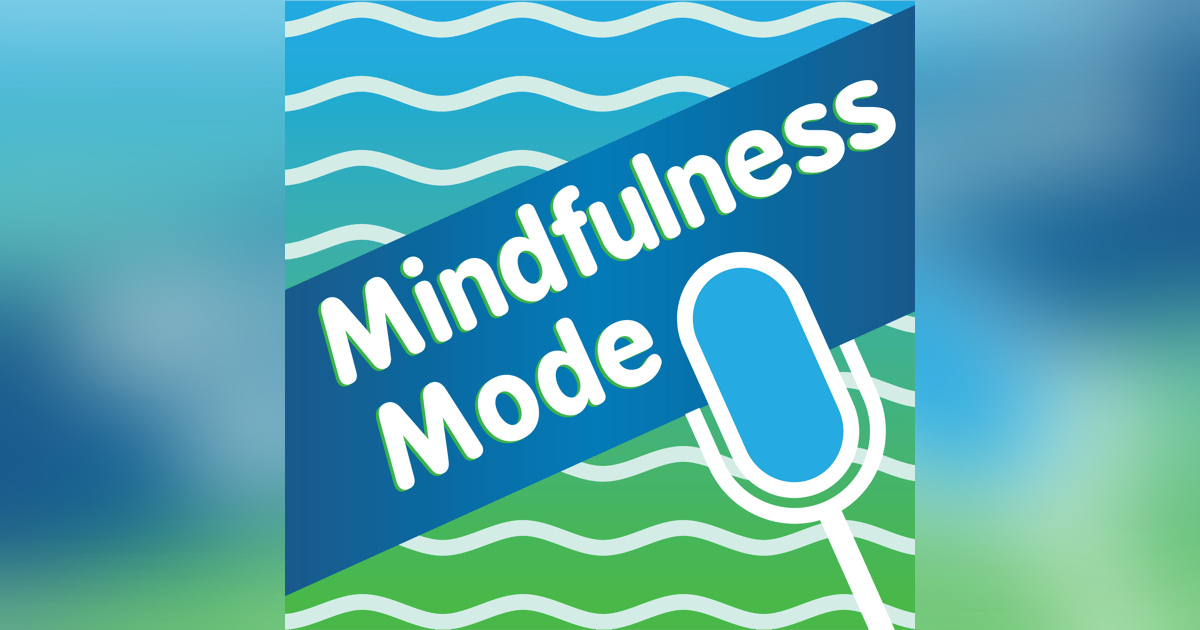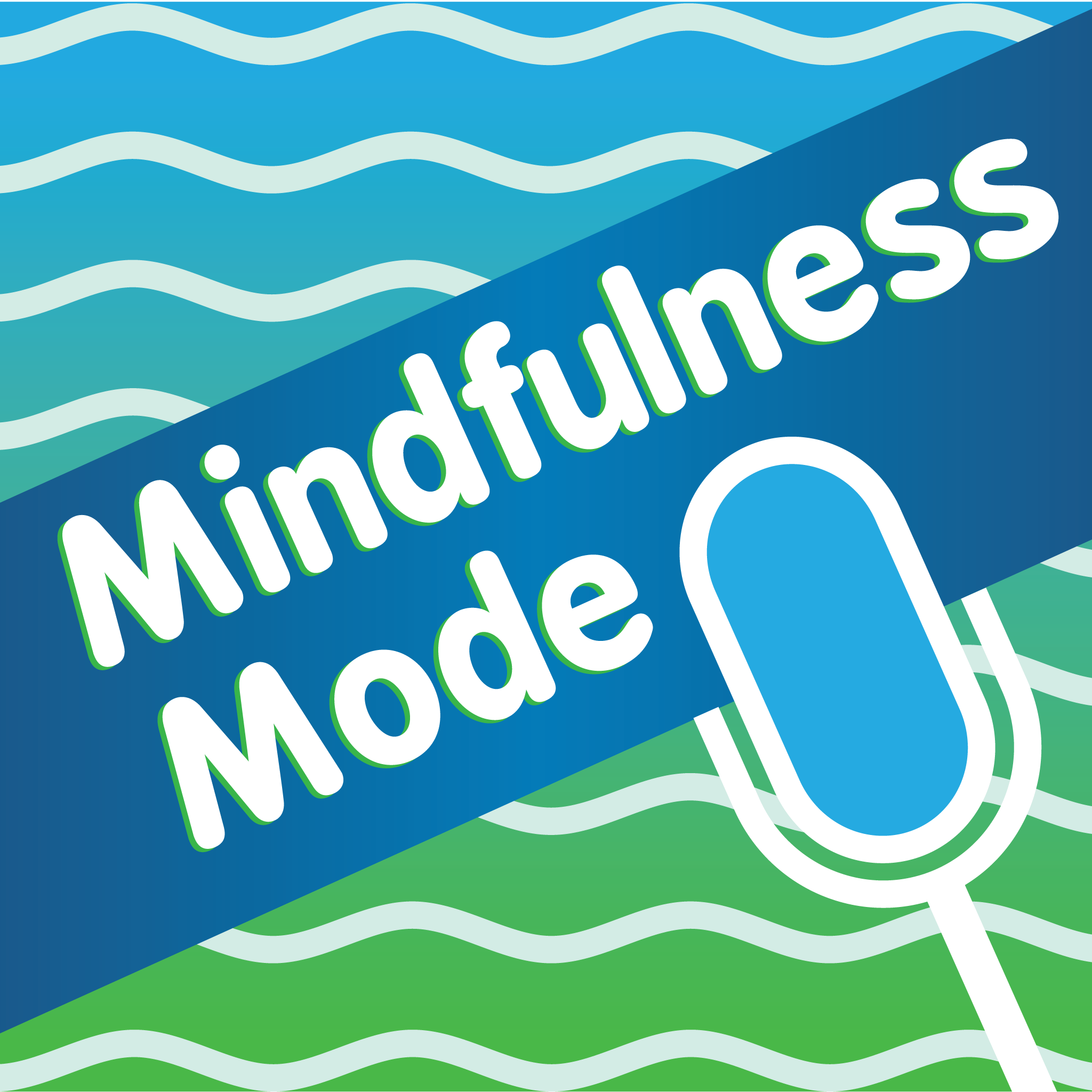Embracing The Peace Process


The more we can learn to deal with our emotions, the more we can understand about this part of who we are. I've just attended a 4-day event and I want to share it with you, at least one aspect of the event. This was a four day intensive virtual event with Christian Mickelson, a powerful leader who's helps people to be incredible coaches. The event was called Instant Miracle Mastery and one of the skills we learned is called The Peace Process. This process has changed lives, and it has brought a lot of calmness to people and helped them resolve conflicts and challenges in their lives. During the event, we learned four specific techniques to use to help people, and the one I am going to focus on today is The Peace Process. It can help you resolve some of the difficulties in life; some of the, the conflicts or mind blocks that are holding you back.
Listen & Subscribe on: iTunes / Stitcher / Podbean / Overcast / Spotify One TechniqueThere were 430 people at the event and after Christian Mickelsen taught us the skills that we needed to know, we broke out into small breakout sessions to practice with each other. He demonstrated how to use the techniques that he taught. We watched, listened, took notes, and then practiced in a breakout session with three, four or five people. I felt so in alignment with The Peace Process and so that's why I've decided to focus specifically on that one tool for this podcast episode. I will share with you seven details about the peace process that I thought would be meaningful for you.
5 Aspects of The Peace Process- Yourself or Others
- Giving Space
- Listening
- Natural and Straight-forward
- Easy To Learn
- KISS – Keep It Simple
- Emotions
1. Once you learn the peace process, you can do this technique with yourself. Or you can do it with others. As you know, I do hypnosis with people to help them and I also do self hypnosis. This method is not hypnosis; it's different. But it was very interesting to know that, as with hypnosis, we can use this technique on ourselves or on others . At the event we practiced with other people. I haven't had a lot of time to use this technique with myself but I will be doing that. It was really quite incredible how much peace and resolution people in these breakout sessions were able to experience.
2. The second point I want to share with you is that this involves giving space to whatever issue you have. This process helps simplify the issue and make it more clear. The Peace Process will help the issue you're dealing with become less overwhelming and less complicated
3. Listening is a very important part of The Peace Process. When you sit down with a friend, maybe you're just sitting down to have a coffee, or to talk, I'm sure you know that, the more you tune into your friend and what they are saying, the more you will connect as a friend. The value of your time together will increase depending on each of your listening skills. Truly, I think that throughout life, we can continue and continue to learn to be better listeners. I know that I've been working on being a good listener for most of my life.
4. The Peace Process feels natural, straightforward, and comfortable. If you have a coach, or even if you're sitting down with a friend, I think most of us want to have a natural, comfortable conversation. That's one of the things I loved about the peace process. It felt natural, straightforward, and comfortable.
5. It was easy to learn. Christian made it that way because he's been teaching for a very long time, and he has the skill of presenting concepts in a straightforward way and offering them to participants so they are easy to understand and simple to digest. Like I mentioned, being a great listener and the skill of giving space is a big part of The Peace Process.
6. The simple aspect of this technique is why so many of the people I talked to truly appreciated The Peace Process. I personally think, as human beings, we tend to complicate many aspects of life. I know I have that tendency. We tend to think that the most valuable things are difficult to learn, or they're complicated, or they're expensive. With The Peace Process, the more you can understand it's simplicity, the more you can understand it's power and capability.
7. Emotions and learning to embrace emotions is part of the power of The Peace Process. Dealing with emotions can be difficult and sometimes scary, but this technique can help you feel calm about your emotions. In the past there were times when I didn't know what to do with my emotions. Fear and anger were challenging to deal with at times. Sometimes they would freak me out or I wondered what to do with these feelings. When I was younger, I was more inclined to push my emotions down and pretend they didn't exist. Sometimes I would watch a TV program, eat food, or do something to take my mind away from my emotions. I don't know if you're anything like me, but from my coaching I know that a lot of people don't know how to cope with emotions.
The Peace Process helps you move through whatever it is that you're experiencing. There was so much more I could share with you about this event, but I just wanted to keep today's today's episode straight forward and that's why I'm just focusing on one of the skills we learned.
Suggested Resources- Book: Abundance Unleashed: Open Yourself to More Money, Love, Health, and Happiness Now by Christian Mickelsen
- Book: Mindfulness: How to Create Inner Peace, Happiness, and Declutter Your Mind by David Clark and Heather Kay Smith
- App: Insight Timer
- 489 Relax With St. Francis of Assisi and Peace Troubadour, James Twyman
- 343 Find Peace With 365 Days of Happiness; Jacqueline Pirtle
- 189 Surrender To Fear To Reach Peace Says Relationship Expert Erik Newton